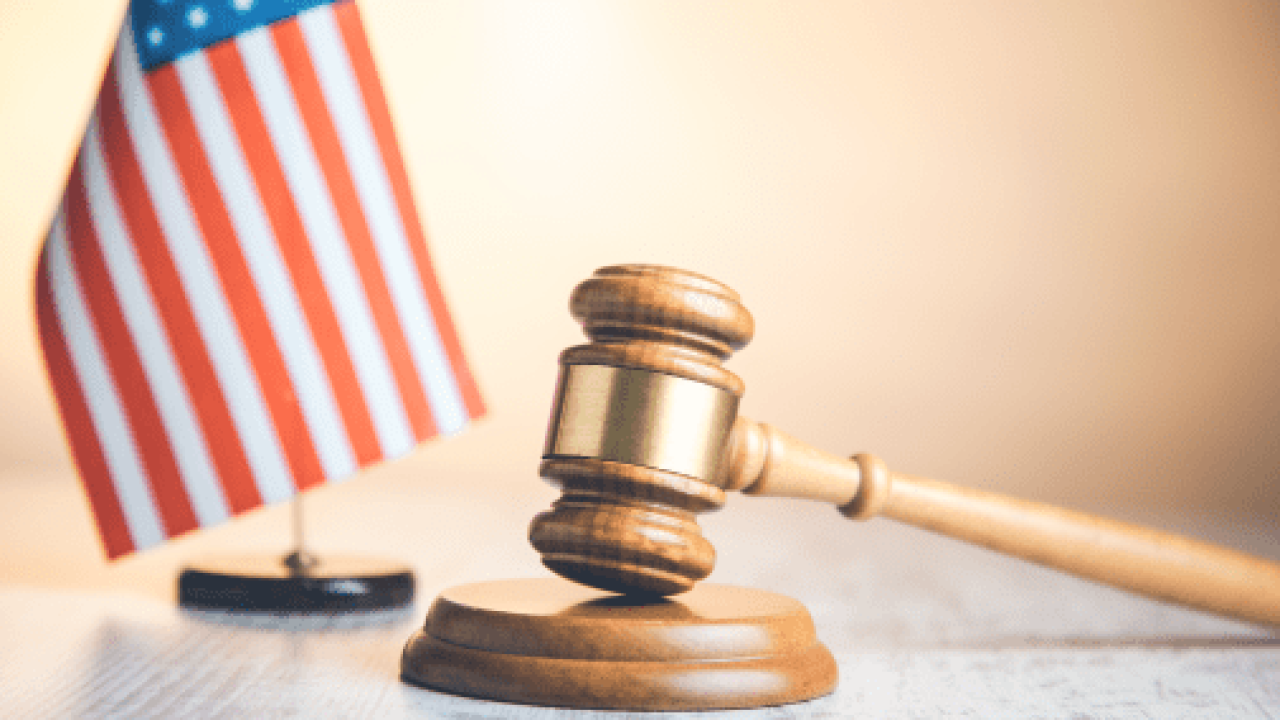The Process of Florida Appeals: Why You Need Expert Help
Posted on 28 August, 2024 by Brownstone Law

Navigating the appellate process in Florida is a highly specialized task that requires a deep understanding of legal principles, procedural rules, and the unique dynamics of appellate courts. Unlike trial litigation, appeals focus on reviewing legal errors rather than re-examining facts, making them a challenging legal battleground. If you find yourself considering an appeal in Florida, it is crucial to understand the process and why enlisting expert help is essential for a successful outcome.
1. Understanding the Appellate Process
Appeals are fundamentally different from trial proceedings. While a trial court’s role is to determine the facts of a case and apply the law to those facts, an appellate court’s role is to review whether the trial court correctly applied the law. This distinction makes the appellate process more about legal arguments and less about evidence and witness testimony.
The appellate process in Florida typically involves several key steps:
- Filing a Notice of Appeal: This is the formal document that starts the appellate process. It must be filed within a strict timeframe, usually within 30 days of the final judgment or order from the trial court.
- Preparing the Record on Appeal: The record includes all documents, transcripts, and evidence presented in the trial court. It is crucial because the appellate court bases its decision on this record.
- Drafting and Filing Briefs: The appellate brief is where the appellant (the party appealing) argues that the trial court made legal errors. The appellee (the opposing party) then files a brief defending the trial court’s decision.
- Oral Arguments: In some cases, the appellate court may schedule oral arguments, allowing attorneys to present their case in person and answer questions from the judges.
- Appellate Court Decision: After reviewing the record and briefs (and hearing oral arguments if applicable), the appellate court will issue a decision, which could affirm, reverse, or remand the case back to the trial court.
2. The Complexity of Legal Research and Writing
Legal research and writing are at the heart of the appellate process. The appellate brief is the primary vehicle through which you present your legal arguments to the court. Crafting an effective brief requires not only a strong command of legal writing but also an ability to conduct thorough legal research to support your arguments.
In Florida appeals, the appellate courts expect briefs to be clear, concise, and well-organized. They must cite relevant case law, statutes, and legal principles accurately and persuasively. This level of writing goes beyond what is typically required in trial court pleadings and demands a specialized skill set that appellate lawyers are trained to provide.
3. Identifying and Framing Legal Issues
One of the most critical aspects of an appeal is identifying the legal issues that will be raised. Not every error made in a trial court is grounds for an appeal. Appellate lawyers must carefully review the trial record to pinpoint errors that are both significant and likely to result in a different outcome if corrected.
Framing these issues correctly is equally important. The way an issue is presented can influence how the appellate court views it. Expert appellate lawyers understand how to frame issues in a way that highlights their importance and persuades the court to view them favorably.
4. Strategic Decision-Making in Appeals
The appellate process involves a series of strategic decisions that can significantly impact the outcome of the case. These include:
- Which issues to raise: Raising too many issues can weaken an appeal, while focusing on the strongest points can increase the chances of success.
- Whether to request oral arguments: Oral arguments are not guaranteed in every appeal, and deciding whether to request them requires careful consideration of how they might benefit the case.
- How to approach the appeal: Appellate lawyers must decide whether to focus on procedural errors, substantive legal errors, or both. They must also anticipate the arguments the appellee will make and prepare counterarguments.
These decisions require a deep understanding of appellate law and the ability to anticipate how appellate judges might respond to different arguments.
5. The Importance of Adhering to Appellate Rules
Appellate courts in Florida have strict rules governing the appellate process. These rules cover everything from the format and length of briefs to deadlines for filing documents. Failing to adhere to these rules can result in the dismissal of the appeal or the rejection of key arguments.
Expert appellate lawyers are well-versed in these rules and ensure that all procedural requirements are met. Their attention to detail and knowledge of appellate procedures help avoid costly mistakes that could jeopardize the appeal.
6. The Value of Experience in Oral Arguments
While not all appeals involve oral arguments, when they do, the stakes are high. Oral arguments provide an opportunity to engage directly with the judges, clarify points from the briefs, and respond to the judges’ questions and concerns.
Experienced appellate lawyers are skilled in delivering oral arguments that are persuasive and responsive to the judges’ inquiries. They understand the nuances of appellate courtrooms and can effectively address any weaknesses in the case while reinforcing the strengths of their arguments.
7. Conclusion: Why You Need Expert Help
The appellate process in Florida is intricate and demanding, requiring a specialized set of skills and knowledge. From identifying and framing legal issues to crafting compelling briefs and presenting effective oral arguments, each step of the process demands expertise. Attempting to navigate this process without expert help can lead to costly errors and reduce the chances of a successful outcome.
Hiring a seasoned Florida appellate lawyer can make all the difference. These experts bring a wealth of experience, strategic thinking, and a deep understanding of appellate law to your case. By entrusting your appeal to a professional, you enhance your chances of achieving the best possible result in the appellate court.
https://www.accuratewarehousing.com/
22 September, 2018